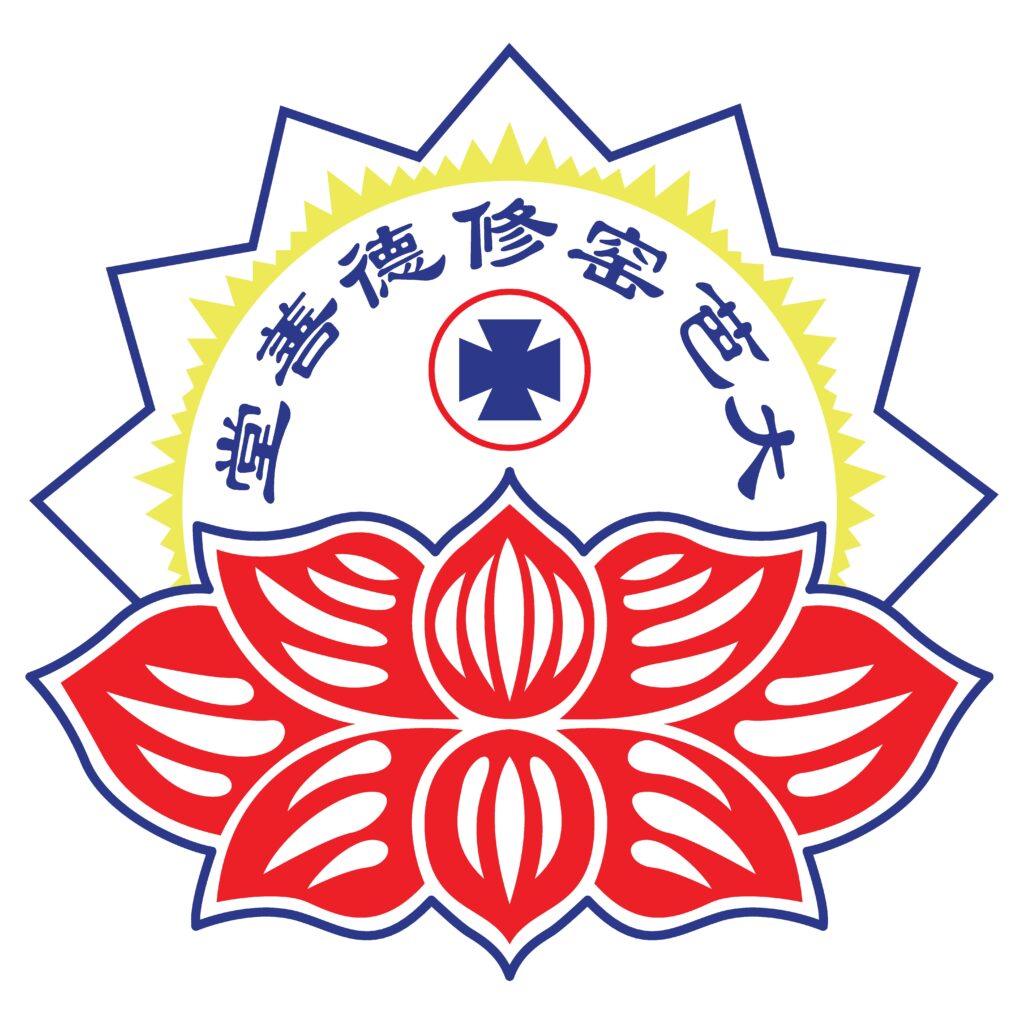Grand Master Song Da Feng is an eminent monk from the Song Dynasty. His birth place was in Wenzhou Prefecture, Zhejiang Province in AD 1039, during the second year of the reign of Emperor Song Ren Zong. He was born to an aristocratic family and his secular name was Lin Ling E. He was bright and had a passion for studies. He was a successful candidate in the Imperial Civil Service Exams and gained the title of Jin Shi.
Following that he was appointed as the county magistrate of Shaoxing County, Zhejiang Province. As an official, he was virtuous, upright, fair and benevolent to his people. During his time in office however, the Imperial Government was incompetent, weak and corruption was widespread. Unwilling to join their league, he resigned from his post and became a monk. Joining the monkhood did not mean he shunned the world. In fact, after becoming a monk, he became more concerned about the sufferings of his fellowmen and traveled around to help people, settling down in a place, Xue Feng Lu, Nan An County, Fujian helping the needy around the village and afar and was revered by people there who addressed him as Master Da Feng.
Our Grand Master stayed at Xue Feng Lu for eighteen years before deciding to move on. He next went to Guangdong and settled in Hou Ling Huo Ling Shan Temple at present day, Chao Yang District. He continued with compassion and fervor to help the people; providing free medical services and medicine for the local needy, donating coffins and helping with the cost of burial as well as performing religious ceremonies to bring salvation to the souls of the deceased. His virtuous acts of kindness gained the adoration of the people of Chao Yang.
At that time, there was a mighty river, today’s Lian Jiang, in Chao Yang that flowed rapidly and separated people on the two banks. The villagers relied on boats to cross the river to reach the other bank and often met with mishaps and the loss of lives when the boats were capsized by the roaring currents. Grand Master Da Feng felt very sad for such mishaps and proposed to build a bridge across the river to facilitate safe crossing of the river and save the villagers from the risk of drowning.
However, our Grand Master, being a poor monk without any material resources, can only rely on his compassion, industry and influence to appeal for donations to finance the construction of the bridge . He returned to his former abode in Fujian to appeal for donations and spent many years toiling between Fujian and Chao Yang for this purpose. By the time when the seventeen of the nineteen arch stone bridge was completed (except for both ends which needed to be connected to both side of the river banks), Grand Master was already advanced in years. He was physically weakened by the many years of toil working on the bridge project and passed away at the age of eighty-nine, on the twenty-ninth day of the tenth lunar month.
Our Grand Master’s deep compassion touched the hearts of the people. They undertook to continue with the project which had taken the Grand Master more than twenty years and they finally completed the construction of the bridge spanning both banks of the mighty river. It facilitated transportation across the river and saved the people from the dangers of drowning. The bridge also provided a link between various places, namely, Chao Yang, Pu Ning, Hui Lai and Shantou. In commemoration of the Grand Master’s benevolence, villager and virtuous individual, Cai Gong Yuan donated a school ground for the construction of a memorial hall, named Bao De Tang which is the present He Ping Bao De Gu Tang.
Song Dynasty politician and poet, Wen Tian Xiang, who was on his way to seek refuge passed the place. He saw how sincere and honest the villagers were and commended the place as He Ping Lane and accordingly the bridge was thereafter named as He Ping Bridge. We can find Shan Tang established throughout the Chao Zhou region and various countries in South East Asia wherever there are Chao Zhou people. The Shan Tang is set up for the purpose of promoting charitable activities that bring benefits to people. We can attribute such benevolent activities to the blessings of our Grand Master which will remain and flourish indefinitely.




